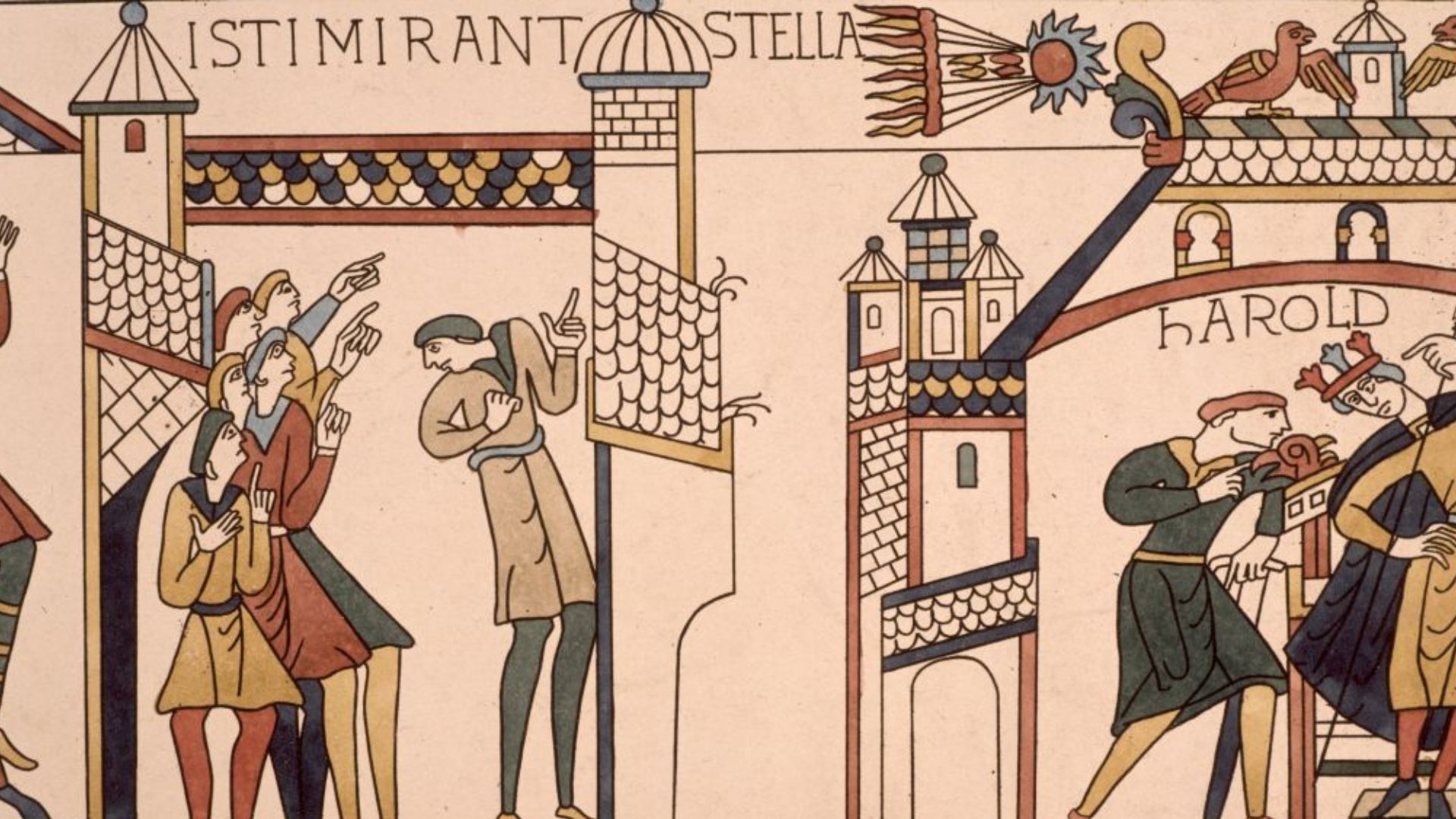Why You Make the Same Mistake Twice

We sure do learn from our mistakes, but what we learn is how to make more mistakes, new research shows.
This seemingly counterintuitive idea comes from a study of a phenomenon called tip of the tongue (TOT), detailed in the most recent issue of the Quarterly Journal of Experimental Psychology.
A tip-of-the-tongue state occurs when your brain has accessed the correct word, but for some reason can't retrieve the sound information for it. While the word-glitch can happen regardless of your vocabulary aptitude, researchers have found TOT happens more for bilinguals (they have more words to sift through), older people and individuals with brain damage.
"This can be incredibly frustrating — you know you know the word, but you just can't quite get it," said researcher Karin Humphreys of McMaster University in Ontario. "And once you have it, it is such a relief that you can't imagine ever forgetting it again. But then you do."
The reason, she suggests, is that the time spent not remembering causes our brains to reinforce that "mistake pathway."
"We know this is how the brain works — it reinforces whatever it does. So [the study results] completely make sense," Humphreys told LiveScience. "But at the same time, it's so counterintuitive to how we feel we should learn from all our mistakes."
It's on the tip of my tongue …
Get the world’s most fascinating discoveries delivered straight to your inbox.
With funding from the Natural Sciences and Engineering Research Council of Canada (NSERC), Humphreys and McMaster University colleague Amy Beth Warriner tested word-retrieval in 30 undergraduate students.
The students were offered a series of definitions and had to indicate whether they knew the answer, didn't know it, or if the answer was at the tip of his or her tongue. If a student answered TOT, he or she spent either 10 seconds or 30 seconds trying to come up with the word before getting the answer. Two days later, students completed the same word-retrieval test with the same definitions.
Students tended to report TOT for the same words that twisted their tongues in the first test. Those who were given 30-second stints to retrieve the words in past tests were even more likely to get stuck again.
Mistake begets mistake
The period in which people continue to rack their brains for the answer could be referred to as "error learning," Humphreys said. "You'll keep on digging yourself the wrong pathway, you either have 10 seconds worth of that extra bad learning or you have 30 seconds worth of that extra bad learning."
In a follow-up study, the researchers found the best way to tackle mistake-learning is to repeat the word (out loud or in your head) once you find the correct answer. And instead of trying to recall the elusive word, stop and ask a colleague or look it up on the Web.
The findings should apply to other situations, including music and sports. "Music teachers know this principle; they tell you to practice slowly," Humphreys said. "If you practice fast, you'll just practice your mistakes."
- Top 10 Mysteries of the Mind
- World Trivia: Challenge Your Brain
- Vote: The Greatest Modern Minds
Jeanna Bryner is managing editor of Scientific American. Previously she was editor in chief of Live Science and, prior to that, an editor at Scholastic's Science World magazine. Bryner has an English degree from Salisbury University, a master's degree in biogeochemistry and environmental sciences from the University of Maryland and a graduate science journalism degree from New York University. She has worked as a biologist in Florida, where she monitored wetlands and did field surveys for endangered species, including the gorgeous Florida Scrub Jay. She also received an ocean sciences journalism fellowship from the Woods Hole Oceanographic Institution. She is a firm believer that science is for everyone and that just about everything can be viewed through the lens of science.
 Live Science Plus
Live Science Plus





